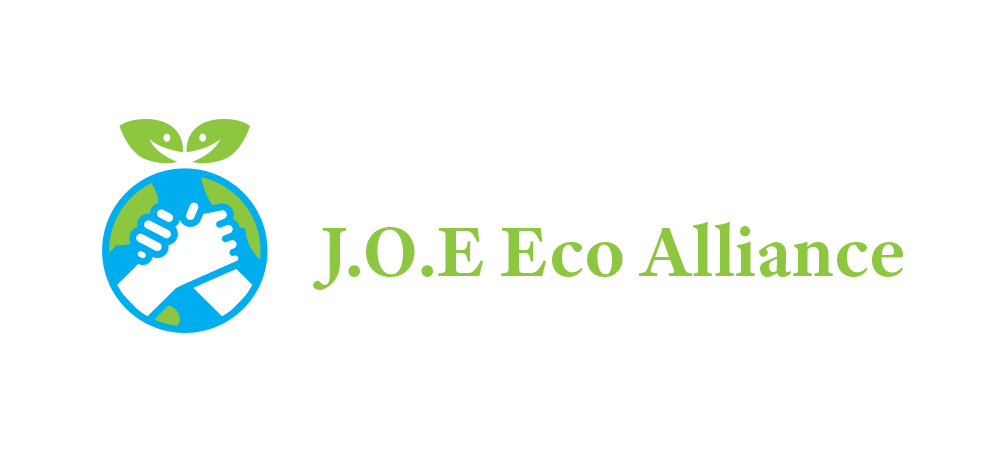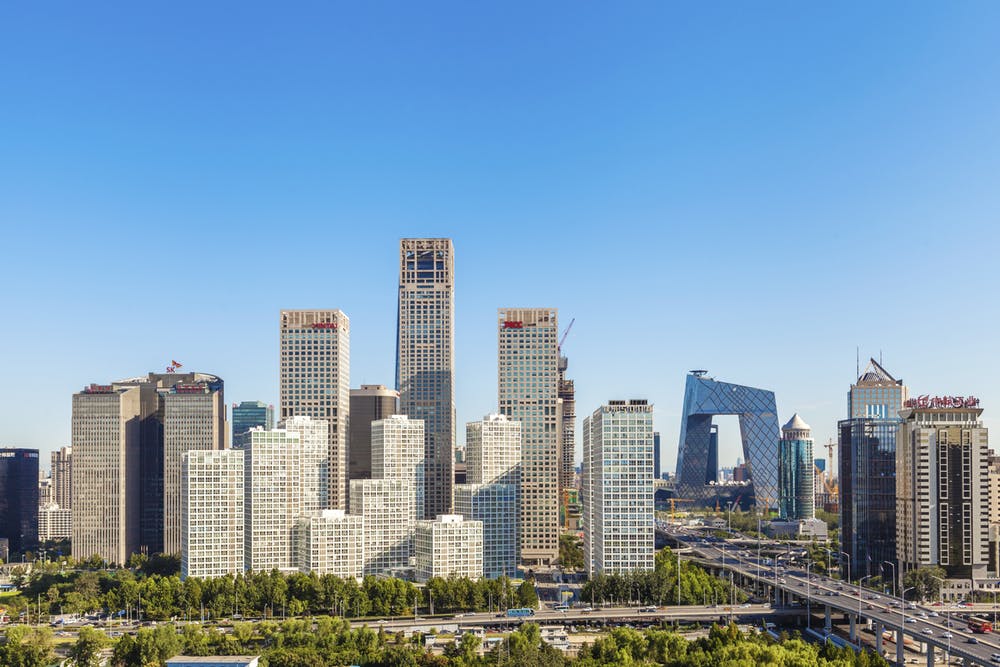美国与欧洲近日相继出现极端热浪。科学家警告,全球极端气温已逼近人体耐热极限,当湿球温度超过摄氏35度以致人体排汗散热失调,恐让中东、南亚及中国华北平原不适宜居住。
湿球温度指的是当前环境仅通过蒸发水分所能达到的最低温度,以反映水分蒸发能力。
英国劳柏罗大学气候科学家马修斯指出,当气温超过摄氏35度,人体靠排汗让体温保持在安全值。但当湿球温度达35度时,人体的调节系统就难以运作。
马修斯说:“湿球温度包含水分蒸散的冷却作用,因此通常较天气预报的正常气温(即干球温度)低得多。一旦超过湿球温度门槛,空气里就会饱含水汽,让汗液无法蒸发。”
这意味人体无法降温到足够程度,几小时内就会身亡。
他指出:“这无关喝多少水、躲在多阴凉的地方或休息多久,无法排除体热,身体核心温度就会上升。”
马修斯说,气候变迁让世界部分人口最密集的区域恐在本世纪结束前超出湿球温度门槛,波斯湾地区、南亚以及中国华北平原首当其冲,成为不适宜居住地带,这些地区加起来,人口达数十亿。
冷气是抗暑的最后防线之一,却有大量耗电问题。马修斯表示,到了2050年,冷却系统带来的用电增加,相当于现在美国、欧盟、日本加总起来的用电量,十分惊人。
马修斯认为,眼下的挑战严峻,但人们能拿出的相应办法却有限,因此温室气体排放必须降至巴黎气候协定的限制,这样才有机会扭转致命的高温。

Extreme global temperatures are pushing the human body “close to thermal limits”, according to a climate scientist.
Record-breaking heat has swept through Europe this week with temperatures topping 40C in a number of countries.
However, in places such as South Asia and the Persian Gulf, people are already enduring temperatures reaching up to 54C.
Despite all the body’s thermal efficiencies, these areas could soon be uninhabitable, according to Loughborough University climate scientist Dr Tom Matthews in The Conversation.
When air temperature exceeds 35C, the body relies on sweating to keep core temperatures at a safe level. However, when the “wet bulb” temperature – which reflects the ability of moisture to evaporate – reaches 35C, this system no longer works.
“The wet bulb temperature includes the cooling effect of water evaporating from the thermometer, and so is normally much lower than the normal (“dry bulb”) temperature reported in weather forecasts,” Dr Matthews wrote.
“Once this wet bulb temperature threshold is crossed, the air is so full of water vapour that sweat no longer evaporates,” he said.
This means the human body cannot cool itself enough to survive more than a few hours.
“Without the means to dissipate heat, our core temperature rises, irrespective of how much water we drink, how much shade we seek, or how much rest we take,” he explained.
Some areas – which are among the most densely populated on Earth – could pass this threshold by the end of the century, according to Dr Matthews.
There is already evidence wet bulb temperatures are occurring in Southwest Asia.
With climate change starting to profoundly alter weather systems, rising temperatures could soon make parts of the world uninhabitable.
If electricity can be maintained, living in chronically heat-stressed conditions may be possible but a power outage could be catastrophic.
In a recent paper published in Nature Climate Change, Dr Matthews and his team looked at the probability of a “grey swan” event in the case of extreme heat coinciding with massive blackouts.
Mega blackouts sometimes follow powerful tropical cyclones. Researchers found that dangerously hot temperatures during a period with no electricity could have catastrophic consequences.
“We looked at tropical cyclones, which have already caused the biggest blackouts on Earth, with the months-long power failure in Puerto Rico after Hurricane Maria among the most serious,” Dr Matthews wrote.
“We found that as the climate warms, it becomes ever more likely that these powerful cyclones would be followed by dangerous heat, and that such compound hazards would be expected every year if global warming reaches 4C.
“During the emergency response to a tropical cyclone, keeping people cool would have to be as much a priority as providing clean drinking water.”
Heat-stressed countries are likely to see the largest absolute increases in humid-heat and they are often the least well-prepared to deal with the hazard. This could drive mass migration, which would make heat a worldwide issue – even for countries that are not experiencing scorching temperatures.
Dr Matthews wrote: “The challenges ahead are stark. Adaptation has its limits. We must therefore maintain our global perspective on heat and pursue a global response, slashing greenhouse gas emissions to keep to the Paris warming limits.
“In this way, we have the greatest chance of averting deadly heat – home and abroad.”
Source: Zaobao / Independent





